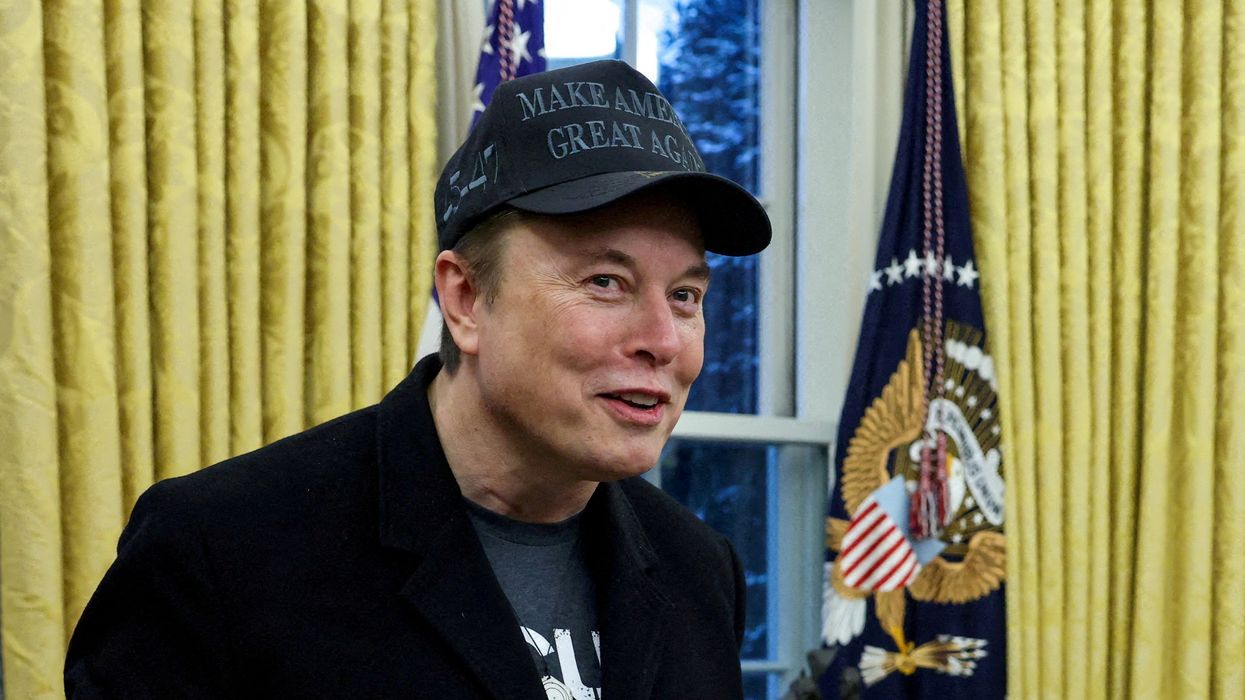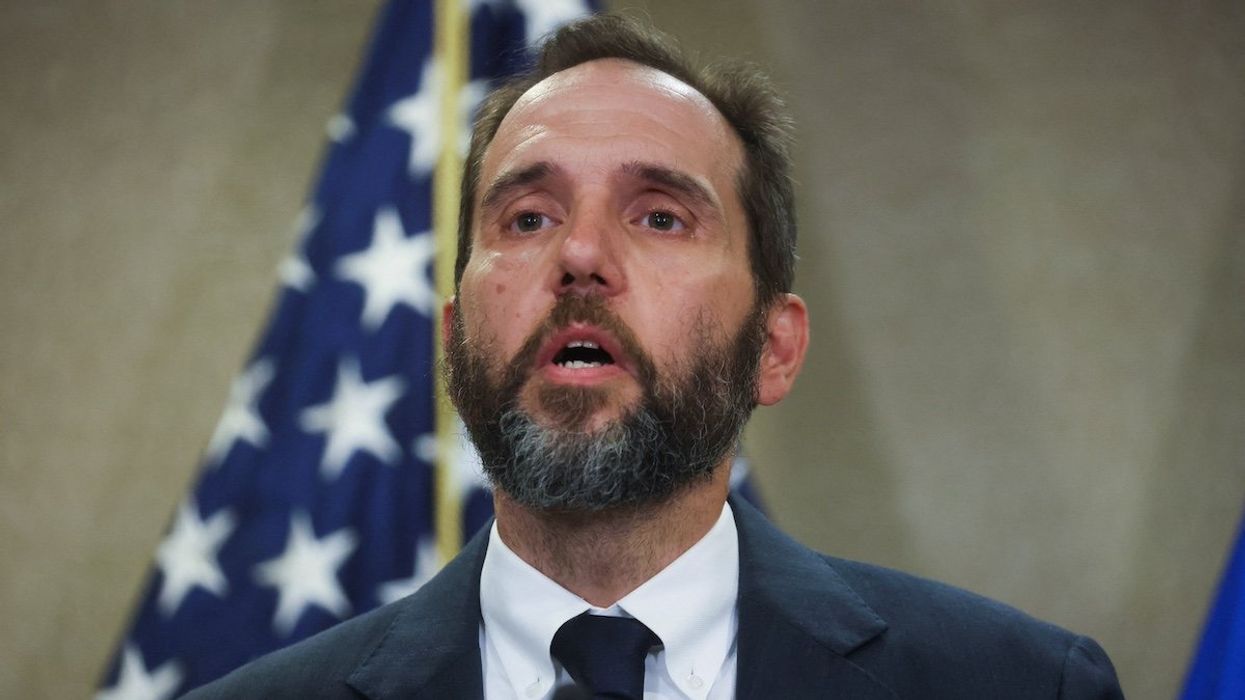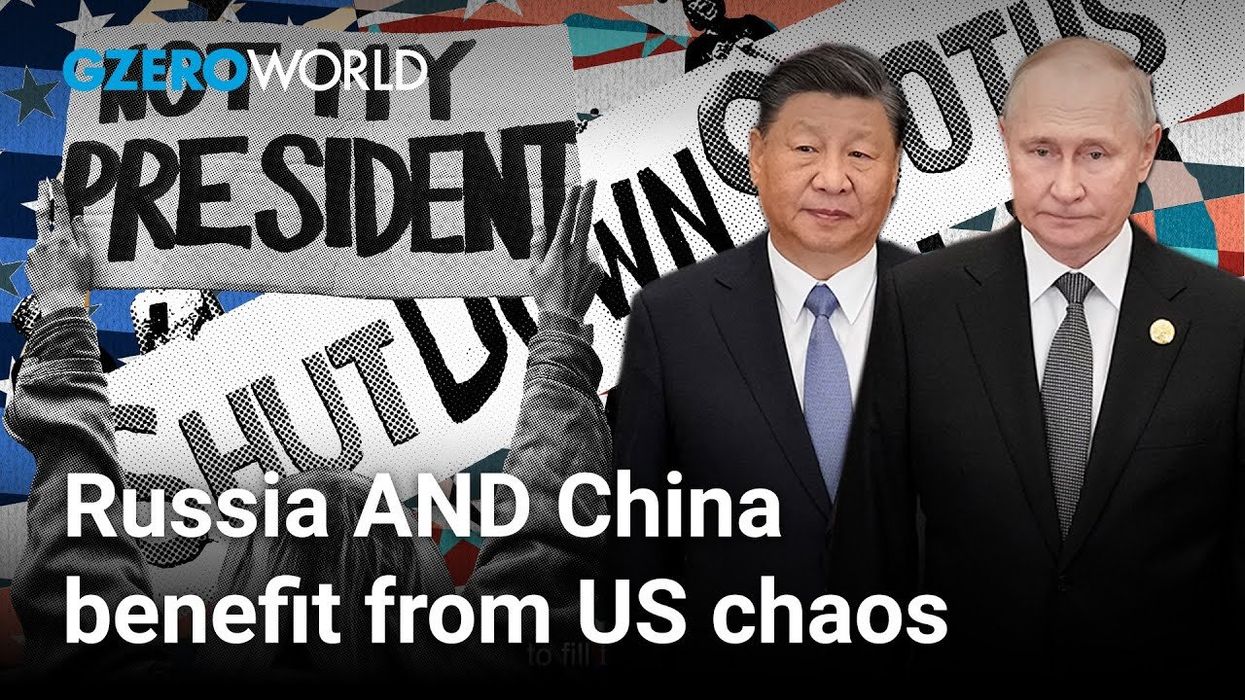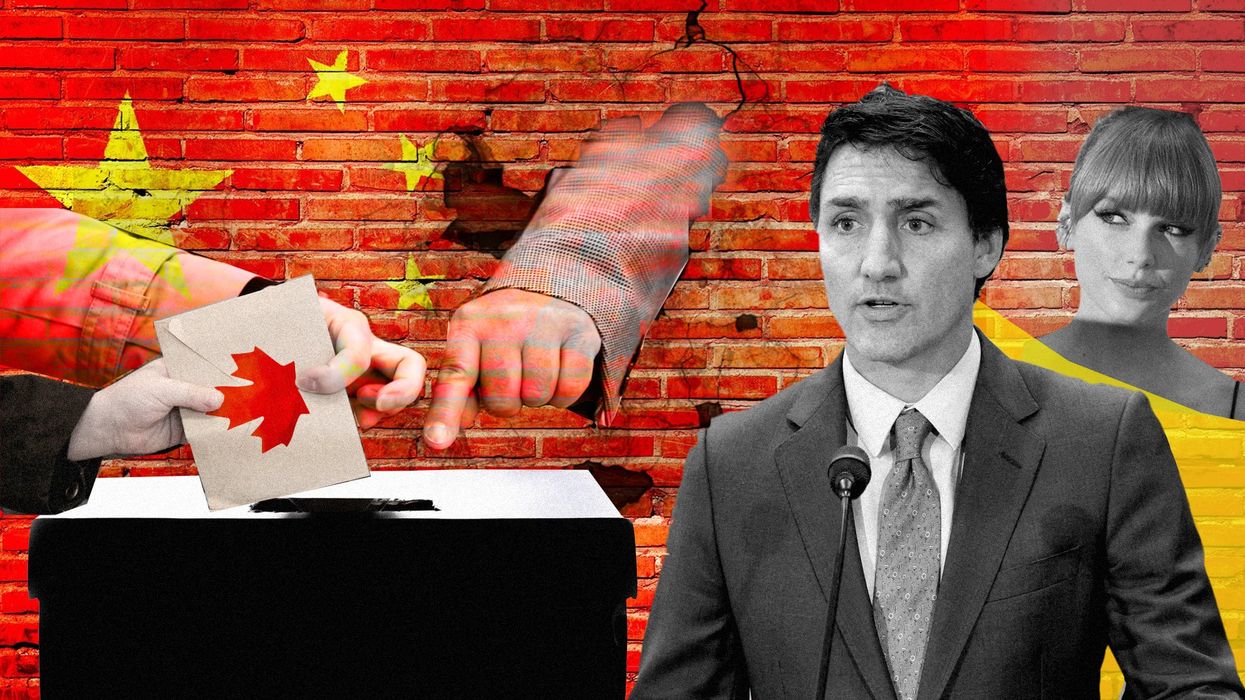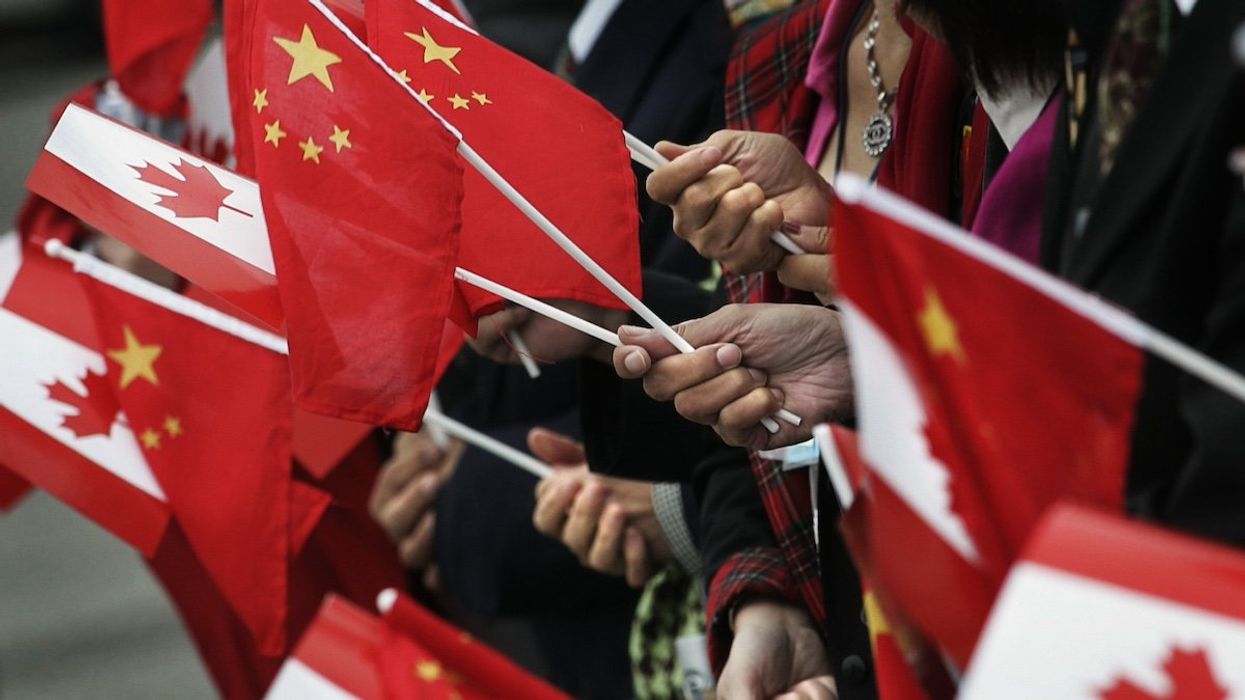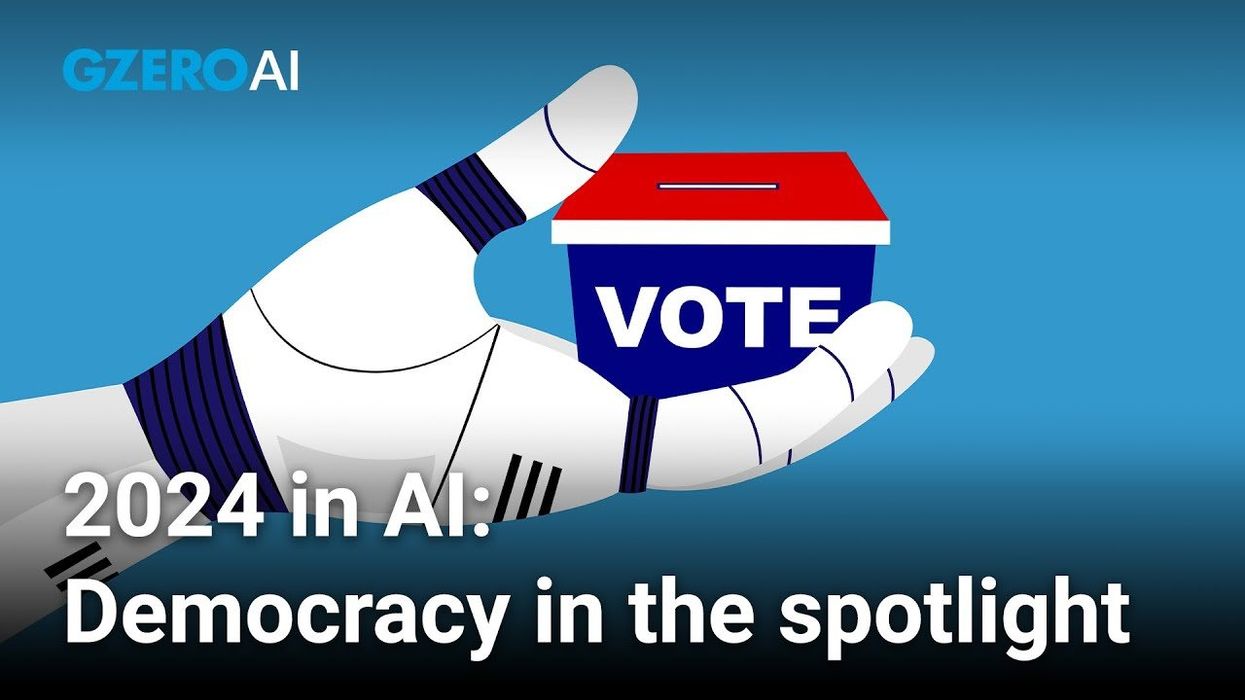What We're Watching
Trump, Musk sow election interference controversy in India - and Europe
India’s political class is in an uproar over claims by US President Donald Trump that USAID gave $18 million to increase their country’s voter turnout.
Feb 24, 2025
